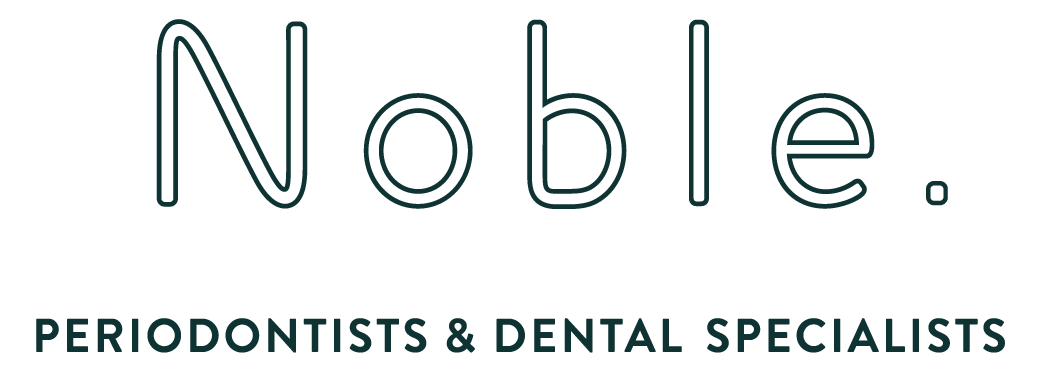Signs of bone loss in the jaw NZ
What are the signs of bone loss in your jaw that New Zealand patients should watch for?
Your teeth become loose, your bite changes, and your face starts looking sunken around the mouth area. Studies show that substantial alveolar bone loss can occur within just six weeks after tooth extraction, making early detection crucial for successful treatment.
Loose teeth are often the first warning sign. Healthy teeth shouldn't wiggle when you touch them with your tongue or finger. If you notice movement, the bone supporting your teeth is likely deteriorating. This happens gradually, so many people don't notice until it's advanced.
Your bite feels different when bone loss progresses. Teeth that used to fit together perfectly suddenly feel off. You might develop gaps between teeth that weren't there before. Chewing becomes uncomfortable or difficult.
Facial changes become noticeable as bone loss advances. The area around your mouth looks sunken or collapsed. Your lips lose support and appear thinner. You might develop deeper wrinkles around your mouth. People often think you look older or tired.
Gum problems often accompany bone loss. Your gums recede, making teeth look longer. You might notice increased sensitivity to hot and cold foods. Gum inflammation and bleeding become more frequent.
Pain isn't always present with bone loss. Some people experience aching in the jaw, especially when chewing. Others have no pain at all, making regular dental checkups essential for early detection.
X-rays reveal bone loss before symptoms appear. Auckland dentists use digital imaging to measure bone density and height. CBCT scans provide 3D views showing exactly where bone loss is occurring.
Causes include gum disease, missing teeth, trauma, and certain medications. Smoking accelerates bone loss by reducing blood flow to the gums. Diabetes and osteoporosis also increase risk.
Early treatment prevents further damage. Bone grafts can rebuild lost bone in many cases. Dental implants stop additional bone loss by providing the stimulation your jawbone needs.
Don't ignore warning signs. Auckland has excellent periodontal specialists who can evaluate bone health and recommend treatment. The earlier you catch bone loss, the better your treatment options.
Related Questions:
Can bone loss be reversed naturally? No, once jawbone is lost it doesn't regenerate on its own - professional treatment with bone grafts is usually needed.
How do dentists measure bone loss? Through X-rays and CBCT scans that show bone density, height, and width around teeth and in extraction sites.
Is bone loss painful? Not always - many patients have no pain, which is why regular dental checkups are essential for early detection.
